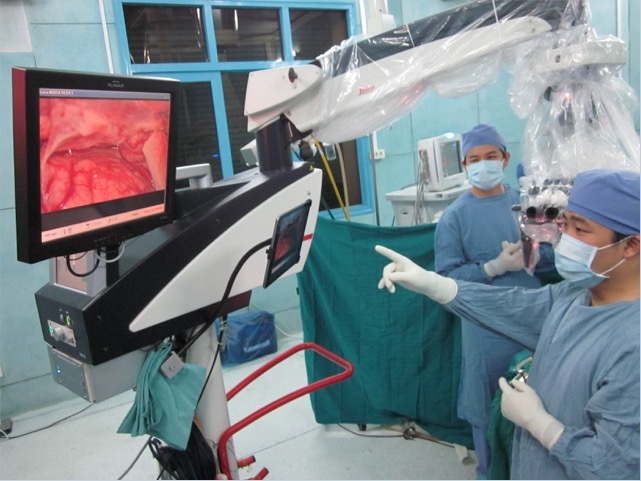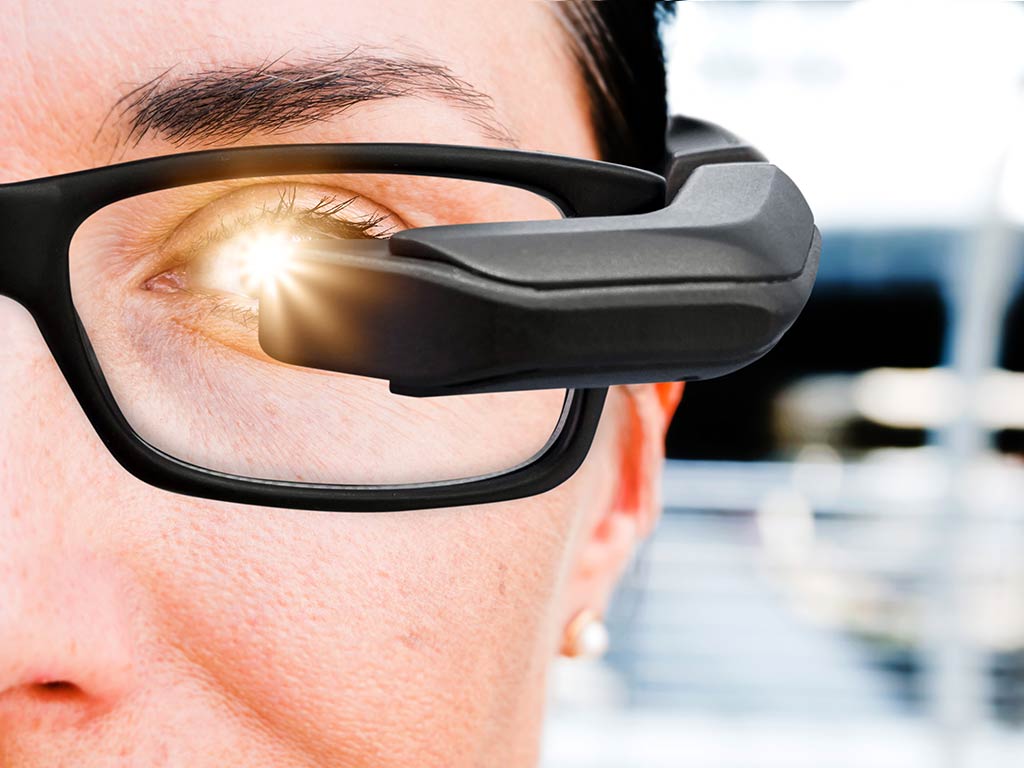Location information
Hospital address
Barwon Health, University Hospital Geelong Ryrie Street Geelong Victoria 3220 Australia
Hospital type
Public
Hospital description
Regional
Description
Richard Grills works in both public and private practice in Geelong, Australia where he is the Director of Urological Surgery at Barwon Health, University Hospital Geelong. He is a general Urologist with specific interest and expertise in minimally invasive (lap and robotic) urological cancer surgery and stone surgery. He has recently established in Geelong, Australia's first regional robotic surgical program in Urology.
A graduate of the University of Melbourne (1991) he obtained his FRACS in 2002 before completing post fellowship training in laparoscopic surgery in the UK.
He has extensive experience in living and working in LMIC's having worked previously in Zambia, Tanzania and Zanzibar and since 2008 has conducted yearly Urology aid trips to Vanuatu. He has an interest in surgical training and education, is a current member and a previous Chair of the Training Board of Urology in Australia and New Zealand, RACS. He is a Senior Lecturer at Deakin University Medical School and is involved in undergraduate and post graduate teaching.
Member information
Name
Richard Grills
Member type
Individual independent practitioner
Specialty
Urological Surgeon
Subspecialties
- General urological surgeon
Languages spoken
- English
Professional affiliations / memberships
- Urolink
- BAUS
- EAU
- SIU
- USANZ
Social profiles
Conditions treated
- Stone surgery
- Transurethral resection of prostate
- Laparoscopic surgery
- Major reconstruction surgery (other than urethral stricture)
- Major cancer surgery
Equipment used
- Rigid cystoscope
- Flexible cystoscope
- Unipolar transurethral resectoscope [Storz]
- Unipolar transurethral resectoscope [Wolf]
- Nephroscope
- Rigid ureteroscope
- Flexible ureteroscope
- Stone fragmentation device




